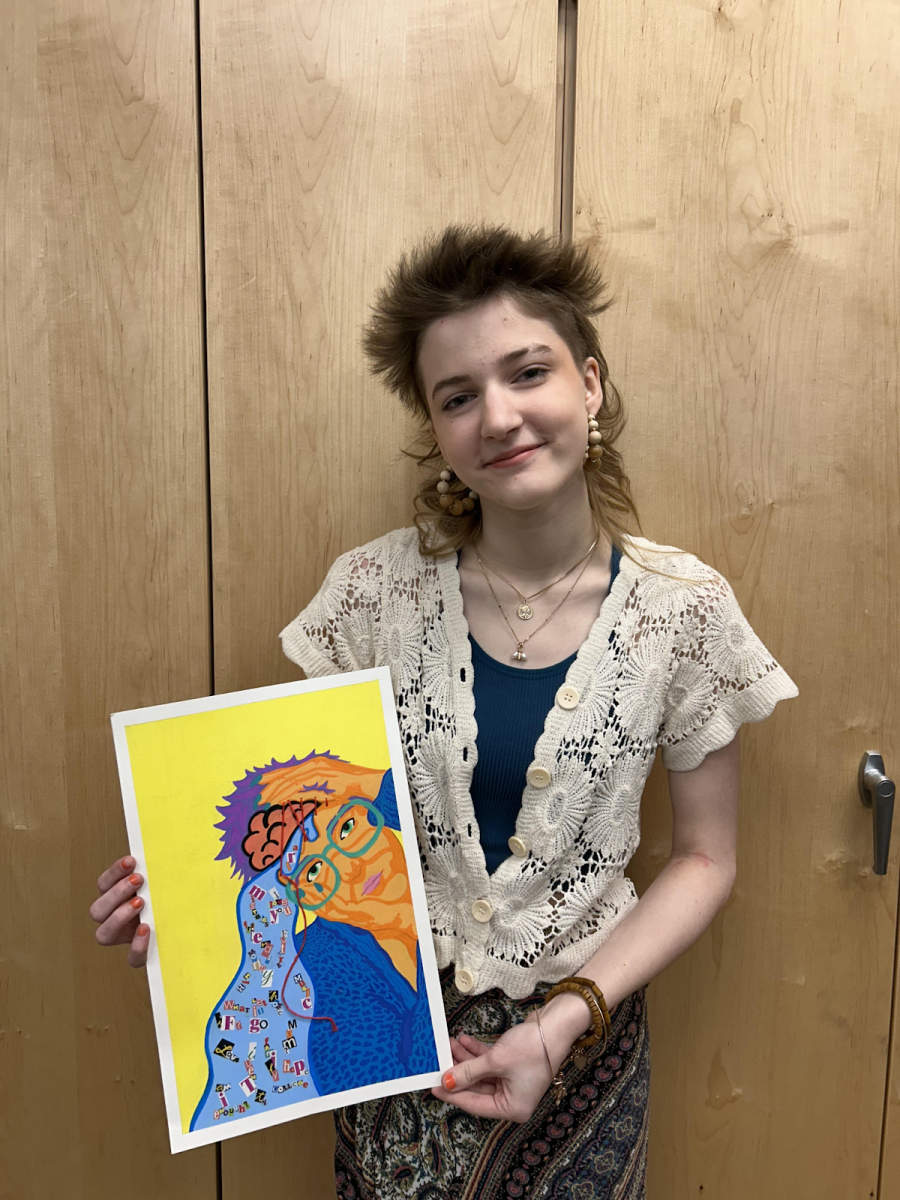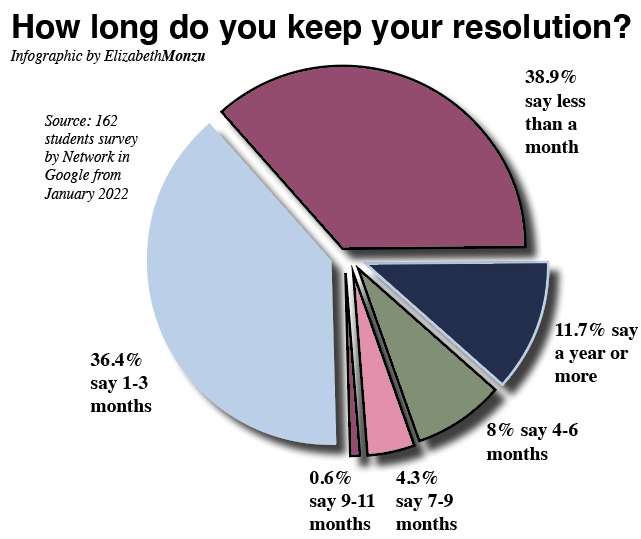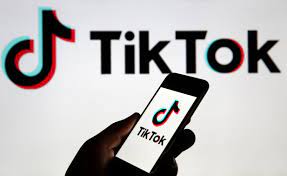
It is no secret that Tik Tok has become a part of modern pop culture. Our current generation is growing up with Tik Tok, along with many other social media platforms. While Tik Tok can be a fun and creative platform that has provided entertainment during the pandemic, certain aspects of Tik Tok are really toxic.
The Science Behind A Tik Tok Addiction
Tik Tok can be addictive if the content provides enough stimulus for the users to have addiction symptoms and a neurological reaction that is consistent with addiction. Content containing information, especially when it is short and engaging, can be addictive. Having access to relevant information can improve decision making, which is why new and relevant information are rewards for our brain. Similar to when we eat foods containing a lot of sugar, fat and salt, the short videos on Tik Tok provide us with relevant information that stimulate a dopamine response. Although Tik Tok users can get stimulating information, it is hard to think of much meaningful content that can be displayed in such a short amount of time. You want to avoid getting addicted to Tik Tok if you have the app, because there are so many more important and meaningful things in life. Honestly, spending that much time on Tik Tok is not going to get you anywhere in life, so focus on learning about yourself and doing the things you love to do. Even though social media can be amazing, it isn’t real life.
Tik Tok and Negative Body Image
About 41% of Tik Tok users are younger than 25, which is the typical age range of people struggling with their body image. Tik Tok users have the option to watch videos from accounts they follow or through their “For You Page,” which consists of trending videos. Most Tik Tok users go on their “For You Page,” where they have no control whatsoever over what they see. This will lead to Tik Tok users seeing a lot of conventionally attractive people who they otherwise would never see. This not only causes a lot of comparison, but leads to negative body image. A lot of teenagers have a somewhat fragile state of mind, so seeing so many conventionally attractive people that look deceivingly perfect on screen brings out so many insecurities. Teenagers are already trying to figure out who they are and how to gain self-confidence. They do not need another platform where they can compare themselves to people and feel insecure about themselves.
Not An Even Playing Field
While I think this can apply to a lot of social media platforms, we can all agree that not everyone is on the same playing field on Tik Tok. People will gain popularity on Tik Tok without putting in much effort, just because they are conventionally attractive. This adds to the unhealthy emphasis in our society surrounding beauty standards and what is seen as “attractive.” It also promotes the idea that people who are seen as super attractive are the most “successful,” making people feel like the major goal in life is to be attractive and recognized on social media. I feel like this tells Gen Z that they can be “successful” without putting in much effort as long as they look extremely “attractive.” In reality, true “success” varies for different people and does not have anything to do with how someone looks.
Hope For A More Positive Platform
While there are currently a lot of toxic aspects of Tik Tok, I think we can collectively change the platform for the better. Like any other social media app, the environment people collectively create on Tik Tok determines if it impacts people negatively or positively. The first step to changing Tik Tok for the better is recognizing the toxic aspects of Tik Tok and how Tik Tok affects our mental health. Once people collectively recognize the toxic aspects of Tik Tok, we will be able to collectively figure out ways to make Tik Tok a positive platform.
Sources:
https://bucknellian.net/100978/opinion/is-tiktok-toxic/
https://tritontimes.com/30935/columns/how-tiktok-became-a-toxic-platform/
https://medium.com/dataseries/how-tiktok-is-addictive-1e53dec10867
https://balancedtx.com/blog/tiktok-impact-on-eating-disorder-recovery-body-image
https://www.womensrepublic.net/tiktok-promoting-negative-body-image/






























